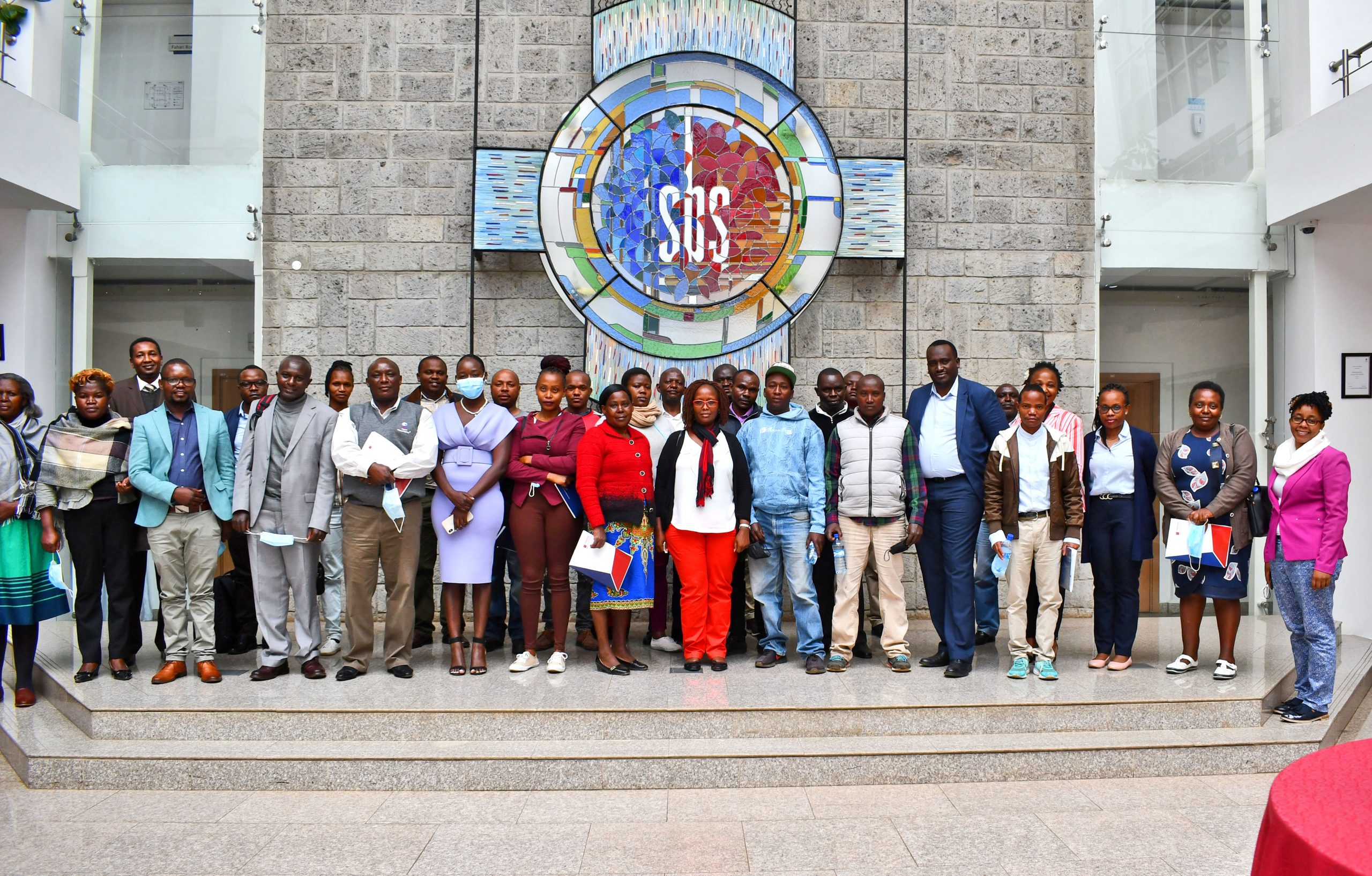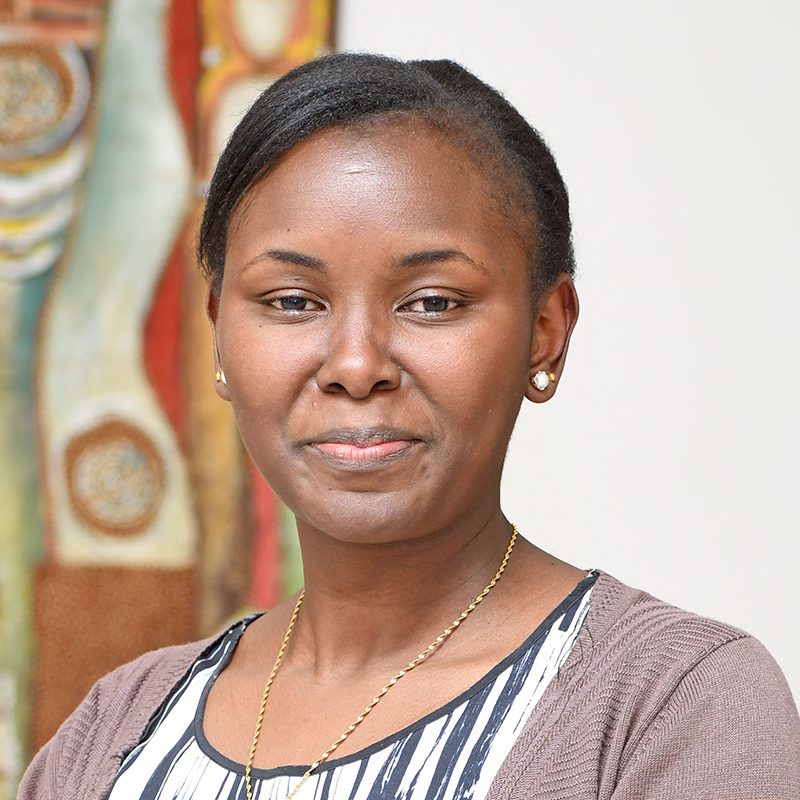
Last week, Strathmore University Business School (SBS) hosted the second stakeholders’ validation workshop to present the results of the findings of the poultry farming study conducted in Kiambu and Nairobi Counties.
FAO partnered with SBS to conduct a study to characterize business models and processes of different private actors along the poultry value chain, to document the typical enterprise budgets for value chain actors, and to assess their profitability.
The first phase of the project started in 2020 and began with SBS, on behalf of FAO, which documented the business models and typical enterprise budgets for medium-scale actors along the poultry value chain in Kiambu and Nairobi Counties. This phase of the study focused on the different nodes of the poultry value chain; poultry meat producers, traders of live birds, processors of poultry meat, transporters, and retailers of poultry products.
This year marked the second phase of the project during which SBS assessed the impact on the profitability of the actors adopting good practices. The findings from Kiambu County were presented on 21st July 2021. The findings from Nairobi were presented during this second stakeholders workshop. This second workshop aimed at showcasing the findings on poultry slaughtering in Nairobi County and further, the comparison between businesses adopting and those not adopting biosecurity practices during slaughter.
The research team lead by Prof. S. Wagura Ndiritu from the Agri-food Innovation Hub in SBS, found that although adoption of good practices is profitable, the profitability is dependent on the end market. For example, the current mass market poultry prices do not compensate the actors for the adoption of good practices, therefore there is a need for capacity building of the consumers so that they start demanding high quality poultry beyond weight attributes. However, there is a niche market that is willing to pay for a premium for the quality poultry meat. Unfortunately, the niche market is very small. To increase the uptake of the research output, Joy Kiplamai from FAO presented the way forward where there will be co-creation of the interventions.
FAO had previously conducted an assessment on priority good practices in terms of biosecurity measures for the value chain. Here are some of the priority good practices:
- Ensure ante mortem is done
- Operate in a licensed facility
- Observe drug and feed withdrawal before slaughter
- Slaughterers need to obtain health certificates
- Farm slaughter must observe minimum requirements such as tiled tables or stainless steel surfaces
- Slaughter healthy birds only
- Poultry meat must be inspected
- Poultry offal must not be sold for human consumption
In attendance at the event was representation from the poultry farmers association, Financial Institutions, Millers, and farmers as well. The representative of the poultry farmers association noted that the association was keen on working with the farmers on the ground. She added that it was important for the farmers to get the required support to implement the biosecurity best practices.
The Food and Agriculture Organization Africa Sustainable Livestock 2050 project is supporting a One Health policy dialogue in Kiambu and Nairobi counties. The One Health policy dialogue aims at identifying policy interventions to facilitate the adoption of good practices of private sector stakeholders along the poultry value chain, as a means to minimize livestock-related public health threats. The adoption of good practices in any value chain involves advocacy actions to create business models that can produce clear trade-offs; farmers invest in good practices and decisions based on incentives that promise the highest payoff.
The Africa Sustainability Livestock Project (ASL) 2050 aims to do two main things; the first is to explore the long-term dynamics of the livestock sector and to identify the emerging challenges for society. The other objective is to cooperate with local and national governments in an attempt to minimize livestock-related threats through improved implementation of existing policies, laws, and regulations. This is done through evidence-based policy dialogue at the local level, which is where policy enforcement happens.
Article by Juliet Hinga
Would you like to share an article? Write to us at sbscommunication@strathmore.edu
Share This Story, Choose Your Platform!
Your journey to business excellence starts here. Subscribe today and be at the forefront of innovation and leadership.









